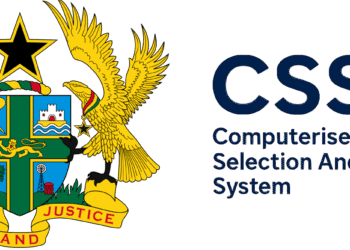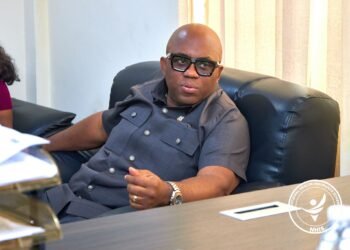Victor Smith, the former British High Commissioner, has requested for President Akufo-Addo to step down as a recourse to the resignation of the special prosecutor, Martin Amidu.
He alleged that the president tried to engage the special prosecutor to alter the investigation on the anti-corruption assessment which has been openly brought to bear by the outgone Special Prosecutor.
In his opinion, this is sufficient proof for the President to step down because Mr. Amidu’s resignation has “finished” the Akufo-Addo-led government.
“The President must step down, he must go home…That you [Akufo-Addo] tried to engage the guy [Amidu] to alter an investigation of some sort and he refused and he’s put it out there in the public domain, he has finished you.”
He noted that, the upright nature of Martin Amidu rendered him incapable of being corrupted to any political wiles.
“Amidu is a principled man, in terms of upholding the truth. Martin is not somebody who bends easily, you cannot make him tell lie. The current administration wanted to use him to prosecute NDC people”.
According to the former British High Commissioner, “he has only confirmed what the NDC has been saying about this government, the ‘clearing house president’. All the things we said about the president, now there is living evidence”.
Meanwhile, a Ranking Member on the Constitutional, Legal and Parliamentary Affairs Committee in Parliament, Inusah Fuseini has explained a statement credited to him on the emoluments of the former Special Prosecutor, Martin Amidu.
Speaking in an interview, the Tamale Central Member of Parliament (MP) insisted that, he only intended to explain the inability of the Special Prosecutor to access the budgetary allocation due to administrative tailbacks, as he was predominantly reliant on financial support from the Jubilee House as an independent and separate allocation.
“I have no capacity to say that the Special Prosecutor has been paid or not and I could not have said that since I was not the one responsible for the payment of his salaries. For the period that the Special Prosecutor was in office, I was neither working at the Presidency or his office. Even in 2019, when he was given US180 million, and he appeared before the Committee, he had not drawn 10 per cent of that money.
“So, that money was not available to him. The problem is that the Special Prosecutor and his Deputy not being paid was a cause of alarm.”
He further noted that, “the Attorney General was unable to activate the GIFMIS platform for the benefit of the Special Prosecutor. So in 2018, monies that were paid to the Office of the Special Prosecutor came from the Presidency which is the government machinery and not the budgetary allocation of the Special Prosecution. This explanation is part of the difficulties the Special Prosecutor faced in office”.



















